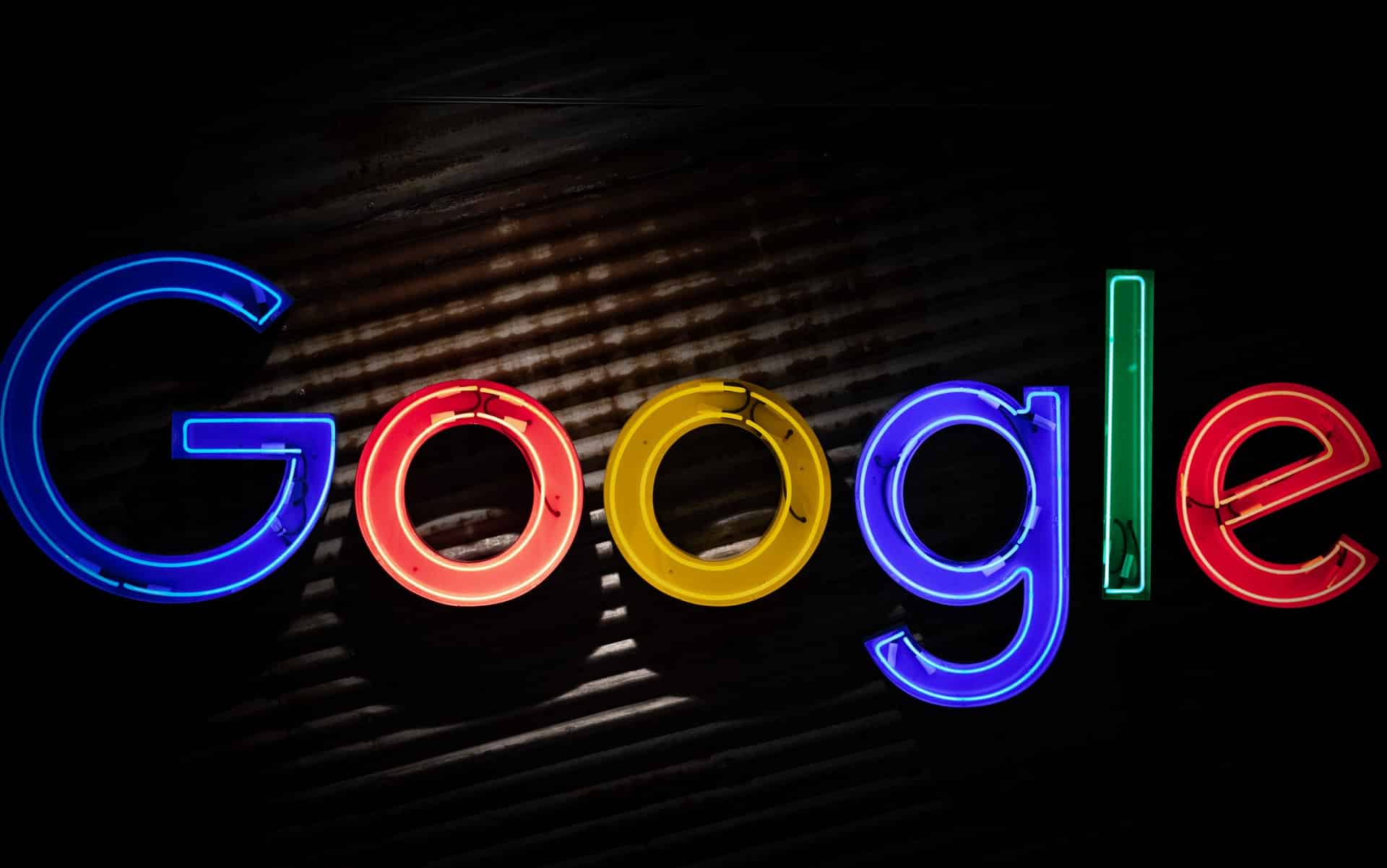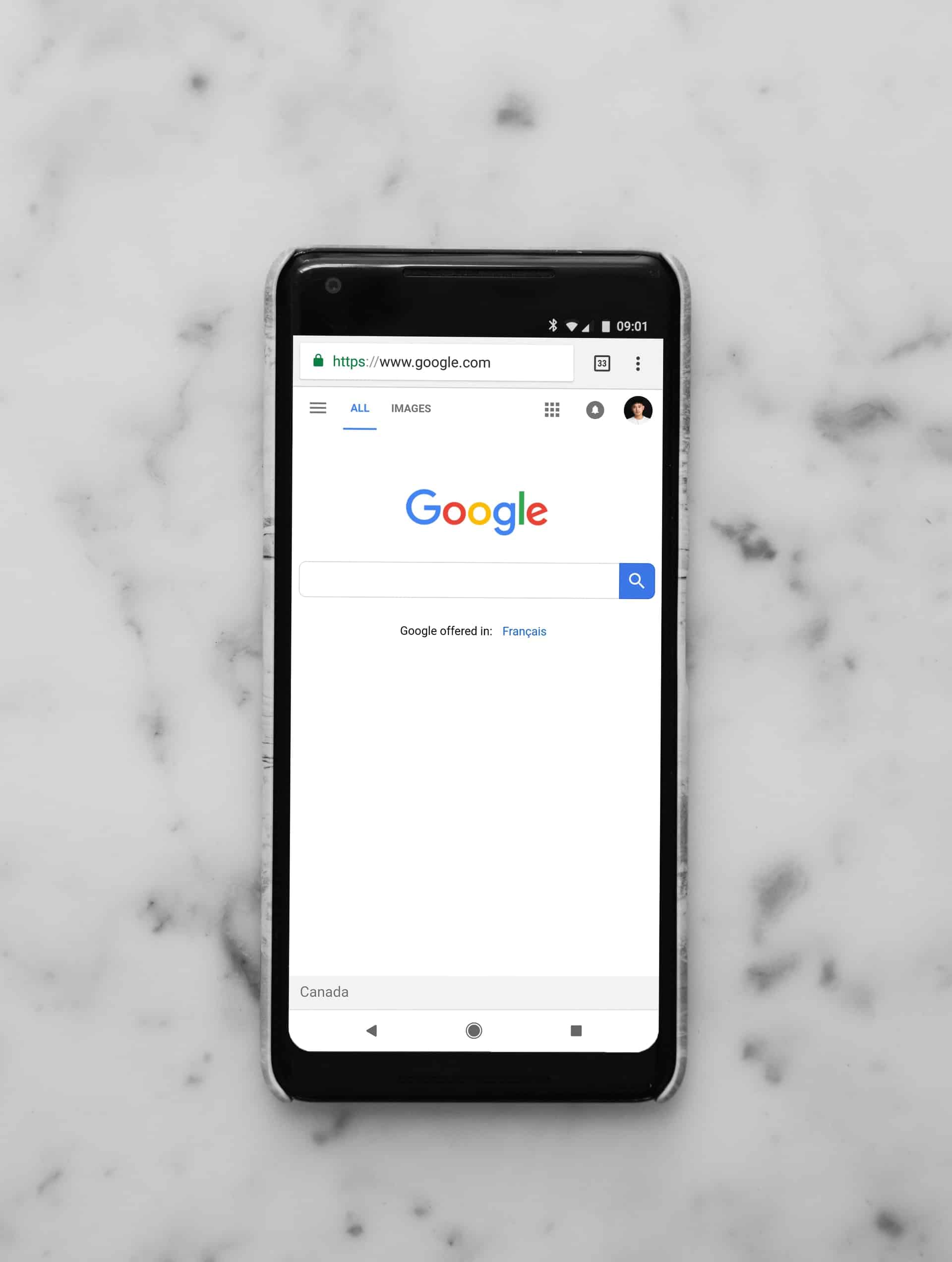The shift from Brand Awareness marketing to Direct Response marketing has meant spending money on ads is a measurable investment, instead of yet another expense. This is why Google Ads is so useful — you can keep a very close track of the data, which allows you to see how successful your advertising is. But, what steps can you take to ensure its success in the first place? This article will cover the top tips when it comes to PPC advertising.
IMAGE: UNSPLASH
Using An Agency
Advertising campaigns are a costly affair. You should, of course, end up better off by the end. One way to ensure that is to have a professional do it. Using a Google Ads Agency may not be worthwhile if you have a tiny budget, but it’s certainly worth looking into if you want a comprehensive ad campaign. The best thing about agencies is that, no matter how much they cost, you can still work out if you will end up better off. You pay for their value, after all.
If they can increase click-through rates by X amount and convert leads to purchases by Y amount, it’s easy to see if they’re worth the money (and they often are). SEO agencies are a bit more difficult to gauge because results are delayed, but Google Ads results are immediate.
Google Ads is more complicated than it looks, so sometimes it’s best to hire an expert. The real value will come from their ability to pick the right keywords with high-quality score and ensure you’re not being convoluted in your PPC ad.
Drawing Up A Budget
Google Ads aren’t always cheap. Whether you’re doing it independently or paying an ad agency, you want to have a realistic budget. Not only is this one you can afford in the event that the campaign isn’t as effective as you expected (creating contingency), but you also want to bear in mind that you may want multiple campaigns.
Ads are often tested against each other (A/B testing) as are campaigns themselves, so you will want to factor this into your budget. Perhaps you want to spend the first 40% of the budget on various ads, and the remaining 60% on the ad that proved to be most effective.
Having KPIs And Targets
At the end of the day, your advertising endeavor is for a purpose. Usually, that purpose is a positive Return on Investment. This means you will have to track the sales that come directly from the ads you paid for, how much the ads cost, and if this was a profitable campaign.
Your goal may not be short-term profit, though. It may be that you’re merely looking to increase the size of your email list. Not only will this dictate your ad and landing page, but you’ll need specific targets to measure the success of your goal. So, KPIs are super important to compare campaigns and see which strategy was most successful, but the even more important thing here is actually identifying what the campaign is for. You have to really outline what you want out of it, and then draw up targets accordingly.
Design Great Landing Pages
Lastly, it’s important to remember that the ad is there to be clicked on, and from there, it’s all about the landing page. This has to be highly relevant to the ad to ensure the bounce rate is low. Your landing page copy should be clear and effective, with a call to action that is dictated by your goal (i.e. “Enter your email here to receive the free eBook”).
Google Ads can get complex, so it’s good to remind yourself constantly of the fundamentals. Always keep in mind your goal, your message, and your audience.
If you are interested in even more business-related articles and information from us here at Bit Rebels, then we have a lot to choose from.


COMMENTS